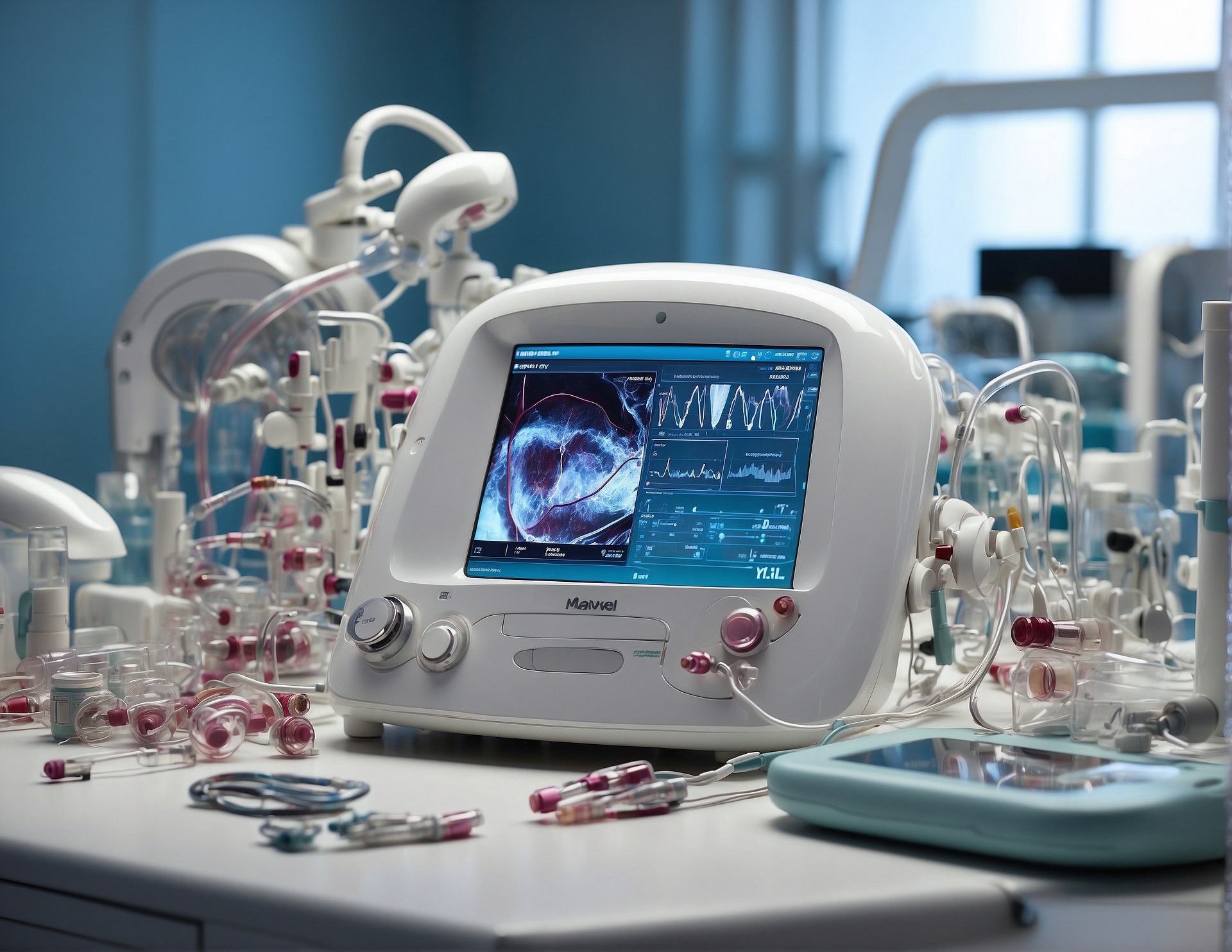The medical diagnostics industry has undergone a significant transformation in recent years, fueled by innovations in imaging technology, precision medicine, and rapid testing. The integration of artificial intelligence (AI) and increased accessibility to diagnostic tools have further accelerated the sector’s growth, with venture capital (VC) investment in diagnostics startups reaching over $24 billion in the past five years.
Technological Advancements in Diagnostics
Key technological innovations have been central to the rapid evolution of the medical diagnostics space. Imaging technology, including advanced MRI and CT scans, has seen dramatic improvements, allowing for earlier and more accurate disease detection. Furthermore, the rise of precision medicine—tailoring medical treatment to individual genetic profiles—has transformed how diseases are diagnosed and managed. This approach not only enhances treatment efficacy but also opens the door to more personalized and targeted diagnostic tools.
Rapid diagnostic testing, including point-of-care devices and home test kits, has also gained significant traction. The COVID-19 pandemic further accelerated demand for these solutions, as the need for quick and reliable tests became more urgent. Innovations in this field have reduced wait times for results, enabled at-home testing, and broadened access to essential diagnostics, especially in underserved areas.
Role of AI in Revolutionizing Diagnostics
One of the most notable developments in the diagnostics sector has been the integration of artificial intelligence (AI). AI algorithms are now being used to analyze medical images, predict disease outcomes, and assist in clinical decision-making. By leveraging machine learning and deep learning, AI tools are improving the accuracy of diagnoses and reducing the likelihood of human error. For instance, AI-powered systems are now capable of detecting early signs of cancer, cardiovascular disease, and neurological conditions, sometimes with greater accuracy than human practitioners.
The ability of AI to process vast amounts of data and identify patterns has also enabled more efficient screenings and faster diagnostics. As a result, healthcare professionals are empowered to make more informed decisions, ultimately improving patient outcomes.
Increased Accessibility and Affordability
The diagnostic industry’s growth has also been driven by efforts to make testing more accessible and affordable. Lower-cost diagnostic devices, portable imaging tools, and telemedicine integration have made it easier for patients to access vital healthcare services, particularly in remote or underserved regions. As the cost of diagnostic tools continues to decrease, more individuals can benefit from early disease detection and timely intervention, potentially reducing healthcare costs in the long term.
Venture Capital Investment in Diagnostics Startups
Reflecting the sector’s rapid expansion, venture capital funding in diagnostics startups has surged in recent years. Over the last five years, diagnostics companies have attracted more than $24 billion in VC investment, a clear indication of the growing confidence investors have in the future of medical diagnostics. These funds are being used to develop cutting-edge technologies, scale operations, and bring new solutions to market. In particular, startups focused on AI-driven diagnostics, personalized medicine, and rapid testing are receiving significant funding, signaling the strong demand for innovative solutions in healthcare.
Market Outlook
The future of medical diagnostics looks incredibly promising, with continued growth expected in both technology and investment. As AI becomes increasingly sophisticated, diagnostics tools will continue to evolve, providing more accurate, timely, and personalized healthcare solutions. The expansion of accessibility and affordability will also play a critical role in ensuring that high-quality diagnostics reach a wider population, contributing to better health outcomes on a global scale.
Conclusion
The medical diagnostics sector is experiencing unprecedented growth, driven by technological innovation, the integration of artificial intelligence, and a greater focus on accessibility and affordability. With continued venture capital backing, the sector is well-positioned to advance further, bringing cutting-edge diagnostic solutions to the forefront of healthcare. As diagnostics become more precise, efficient, and widely available, the potential for improved patient care and outcomes is substantial.
References:
- “Artificial Intelligence in Medical Imaging,” Journal of Medical Diagnostics, 2023.
- “Venture Capital Investment in Healthcare,” PitchBook Data, 2024.
- “Emerging Trends in Precision Medicine,” American Medical Association, 2022.



